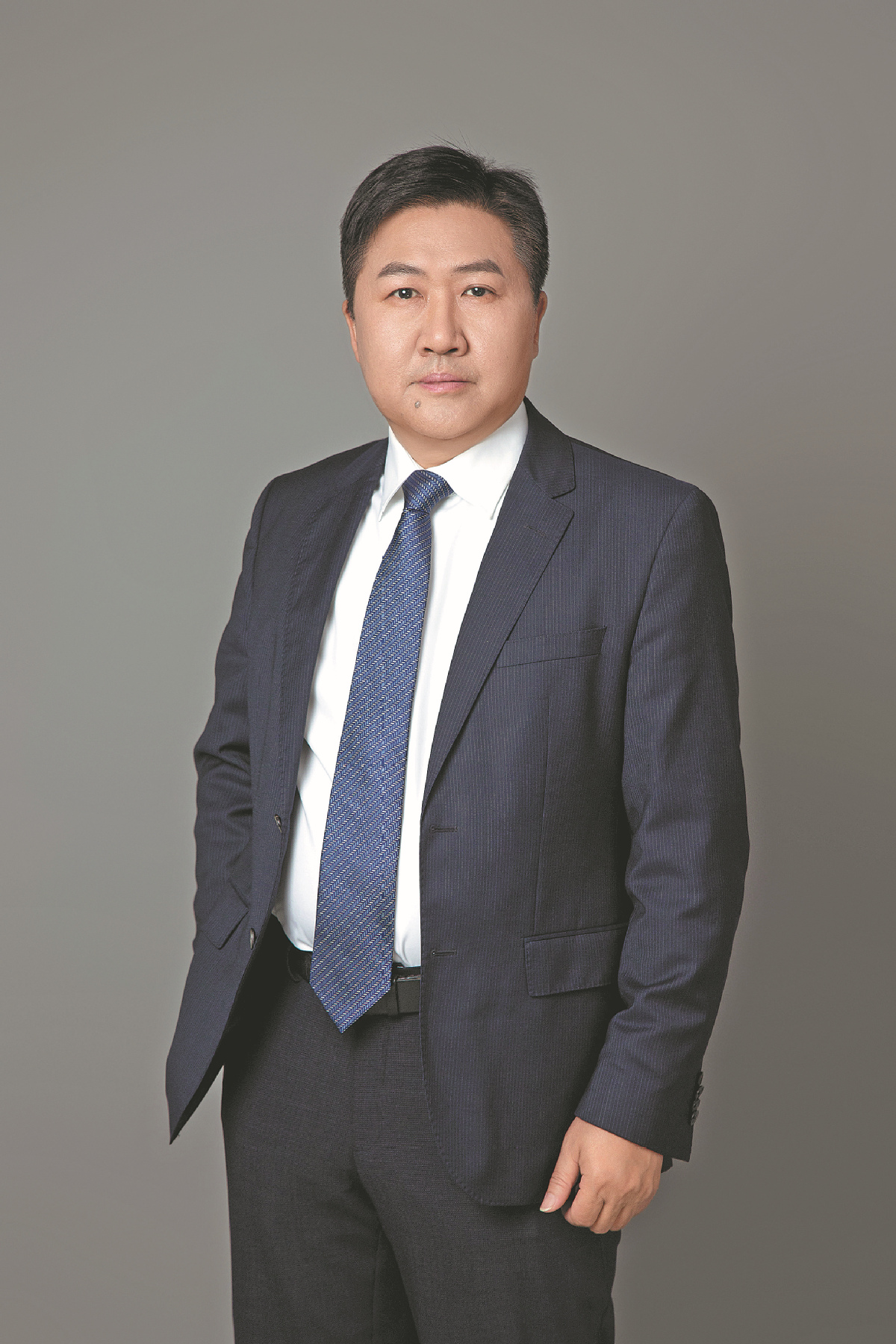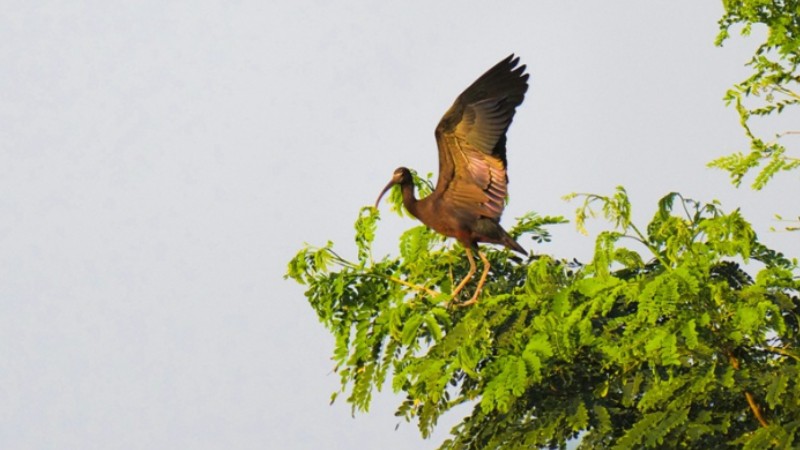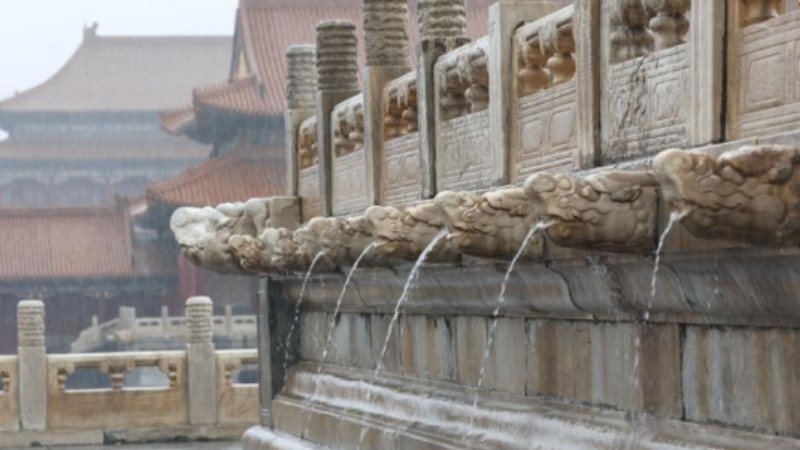A golden opportunity to forge friendships
Beyond competition, games seen as channel through which ties can be developed between athletes

Liu Lixin, deputy head of the Chinese delegation and vice-president of the Federation of University Sports of China.
Communication, exchanges and friendship. The Chengdu FISU World University Games go beyond just medals and sports.
Liu Lixin, deputy head of the Chinese delegation and vice-president of the Federation of University Sports of China, is happy to see the event become a platform to bring student-athletes closer together.
"Off the courts, I hope our student-athletes can join in more cultural activities and communicate with their counterparts from across the world. I hope they get to know more people and form friendships," Liu told China Daily.
"That's how young people from all over the world can get a better understanding of China. I hope our young athletes can spread Chinese culture through their positivity, hospitality, good manners and great sporting spirit," he added. "These kinds of exchanges among different cultures can break down barriers, and overcome conflicts and prejudices. Together, we hope to foster a community with a shared future for mankind."
Liu also said that he hopes the Chinese student-athletes can share their stories with their international counterparts.
"Our student-athletes have many things in common, especially the hard work that they put in to get here and their stories of personal growth. Or it could also be the development of their hometowns, Chinese food and cultures. Sharing these great stories is the best communication, and it helps our guests learn more about China," said Liu.
A total of 6,500 student-athletes from 113 countries and regions are competing at the Chengdu games. Along with state-of-the-art venues and high-quality accommodations, organizers are providing participants with various cultural exchange activities.
Each night in the athletes' village, for instance, the Chengdu Cultural Fair allows residents to experience activities such as trying on hanfu (traditional Chinese attire), playing Chinese chess and playing traditional Chinese music. In addition, exhibitions on national and local Sichuan cultures are being presented to them through augmented reality technology.
Thabo Moilwa, head of the South African delegation, was among the visitors at the fair, where he sampled Chinese green tea.
"I arrived at the games last Friday, and the whole experience has been very good and very friendly. I really like Chinese tea a lot, it's so nice," Moilwa told China Daily. "Another thing I want to bring back home with me is Chinese hanfu. I also bought several panda souvenirs."
Sofus Rasmussen, head of the Norwegian delegation, said he and his country's student-athletes were immersing themselves in the whole experience in Chengdu.
"I love to enjoy Chinese food here, it's really nice. My favorite is hotpot, although it's a bit spicy for me," he said. "Of course, everyone wants to see the pandas. Almost my entire track and field team has seen the real pandas in Chengdu, and they loved taking so many pictures. We will also make sure to make time to explore places in the city, such as the Kuanzhai Alley."
Another fan of Chinese culture is Kanwar Mandeep Singh Dhillon, team leader of the Indian fencing squad.
"I'm very impressed by the Chinese and Chengdu cultures, and I'm also very impressed by the technologies that are being used in the village. We've had a lot of communication and cultural exchanges with other sports teams from different countries and regions," Dhillon said.
"We are expecting to win gold medals. I'm hoping for the best for our team and all the other squads in Chengdu."
As the host, Team China's delegation totals over 700 members, with 411 of them competing across all 18 sports at the games. Apart from being considered ambassadors of Chinese culture, these athletes are also striving to perform to the best of their abilities on the international stage.
"In sports, there are victories and defeats, but perhaps the most uplifting element of sports is how people can transcend themselves through hard work, dedication and courage," said Liu, deputy head of the Chinese delegation. "I hope our student-athletes can display the true Chinese sporting spirit. I hope they respect their rivals, the referees and all the spectators. I also hope they chase their dreams and ambitions, and show persistence and a great attitude at the games."
Personifying those values perfectly is Team China wushu athlete Cao Maoyuan, who won the men's nanquan competition on Saturday to claim the first gold medal of the Chengdu games.
"I believe my performances here have lived up to everyone's expectations. Hearing the cheering from the stands is really motivational and exciting. But for the athletes, it's also easy for us to make mistakes. So during the competition, I always tell myself to calm down and think clearly through all my moves," said Cao, a 25-year-old student from Chengdu Sport University.
"The gold at the World University Games is just a start for me. I believe the event is a great platform to spread wushu and Chinese martial arts culture. I hope through our performance here, more people can learn about wushu, love wushu and embrace wushu."
Photos
Related Stories
- It's a 'Yes!' as romance wins the day
- The opponent I need to overcome is in the mirror: FISU first gold medalist Cao Maoyuan
- Crowd support cheers athletes in Chengdu
- Universities urged to help students grow
- Explore the Chengdu FISU Games Village with Rongbao
- Athletes visit panda research base
- 'Peppers' relish working in village
- Ladies claim relay gold
- Twofold joy for taekwondo love birds
- TCM gains acceptance during Chengdu FISU Summer World University Games
Copyright © 2023 People's Daily Online. All Rights Reserved.









